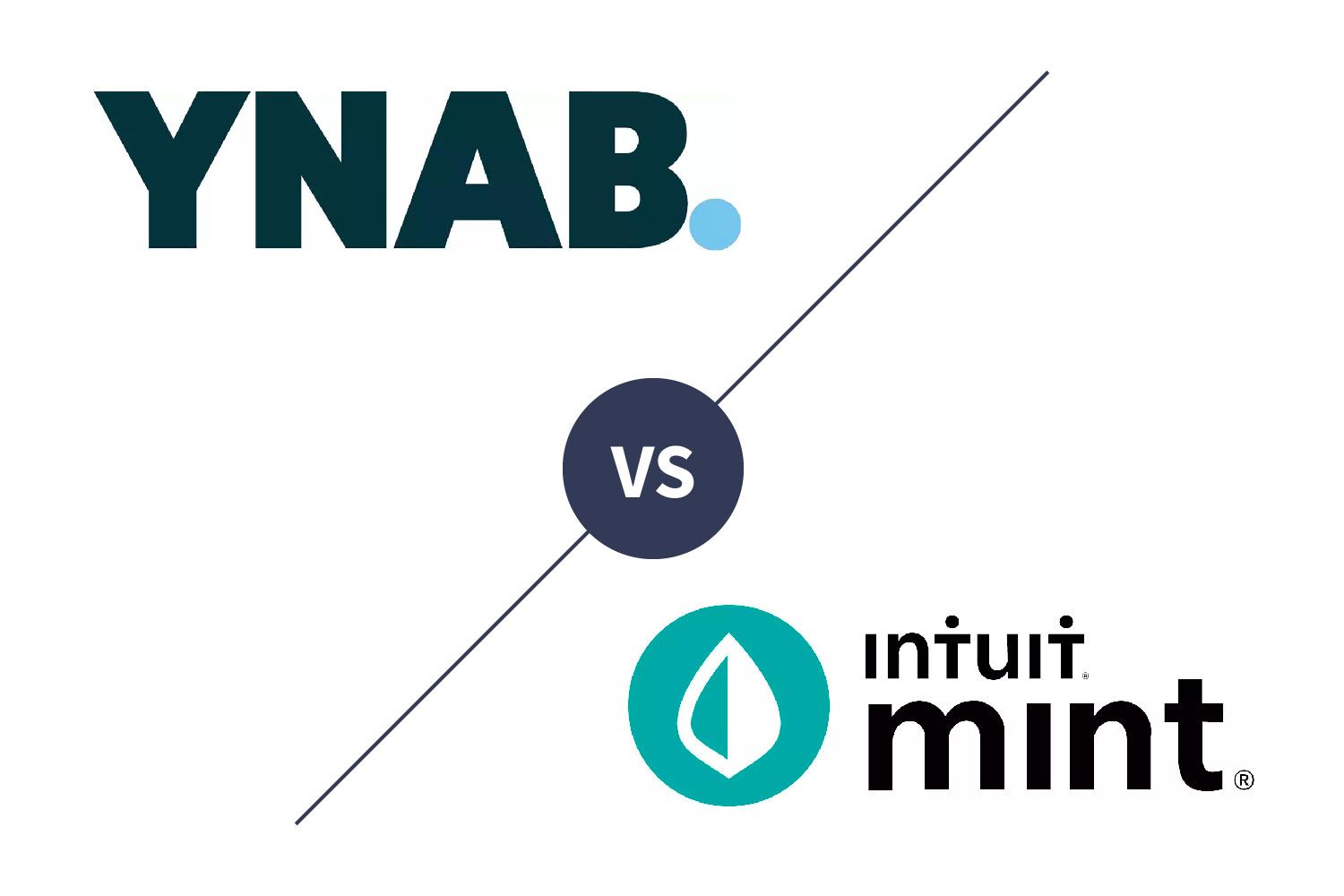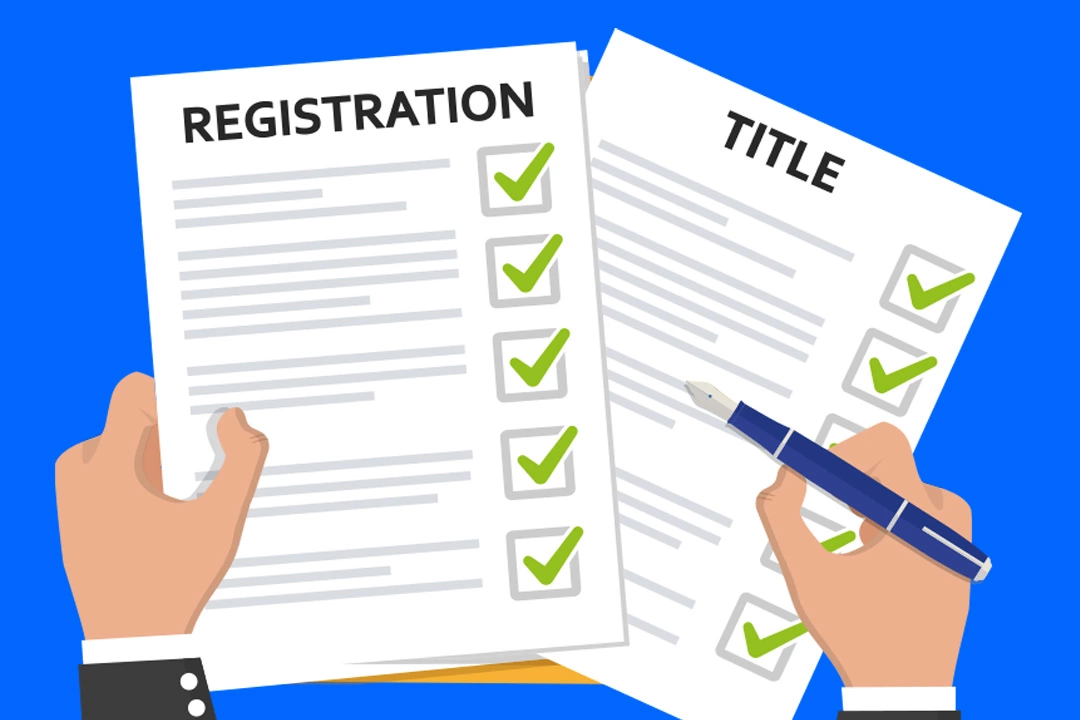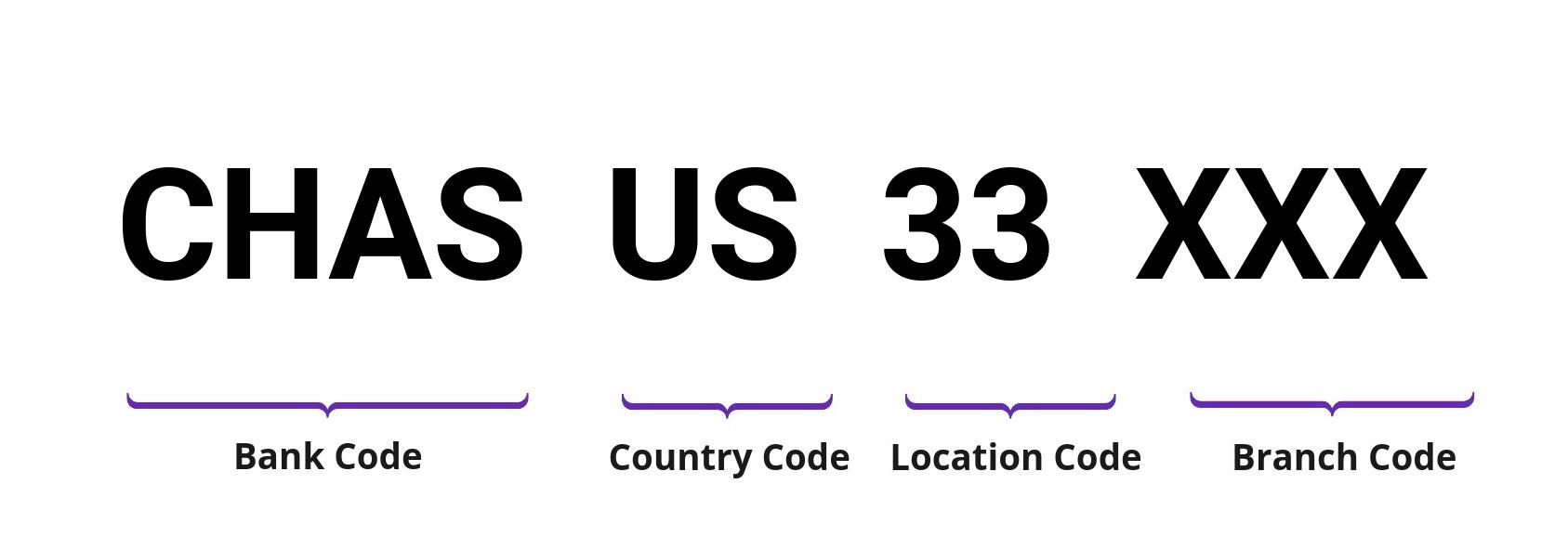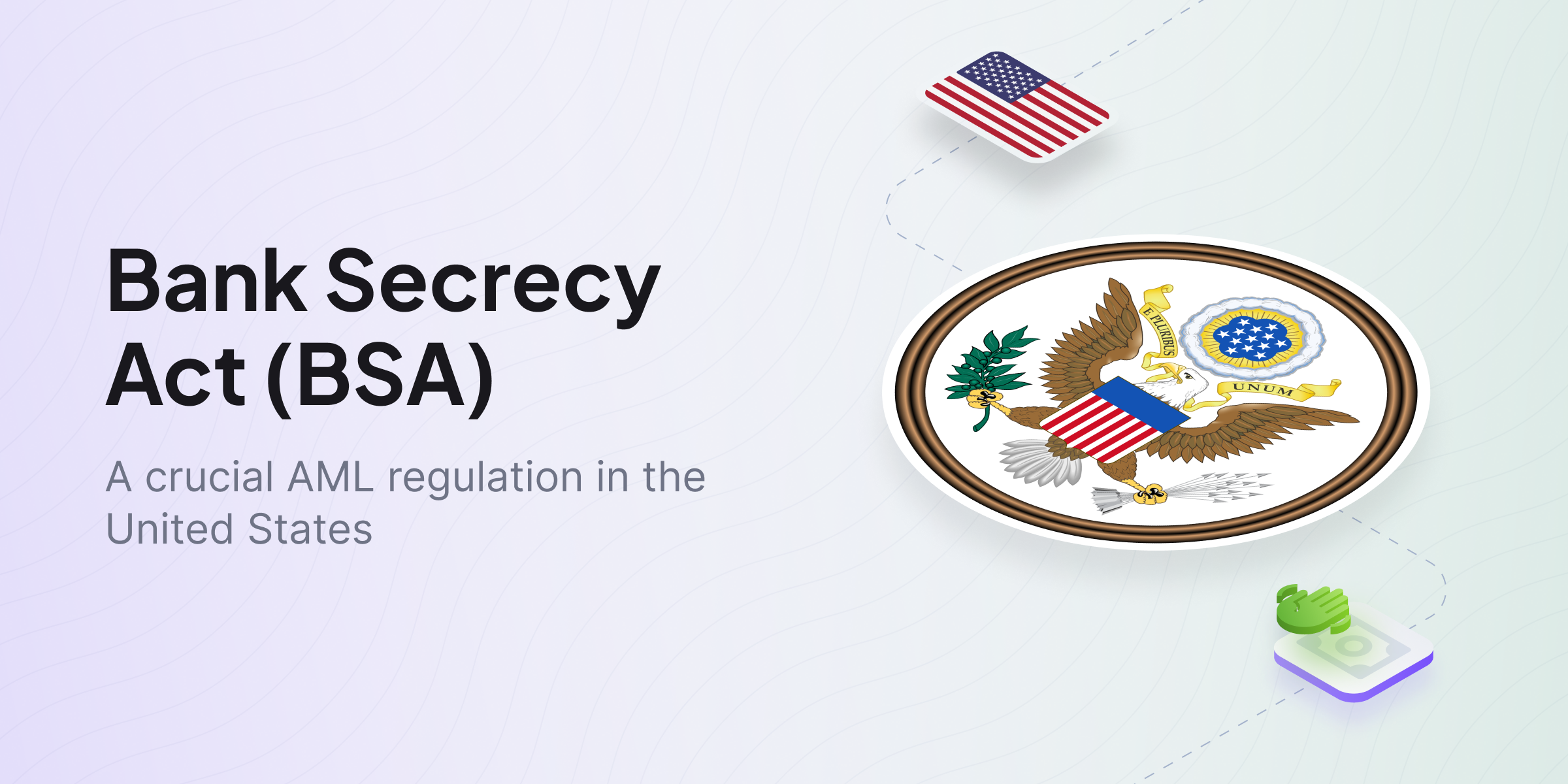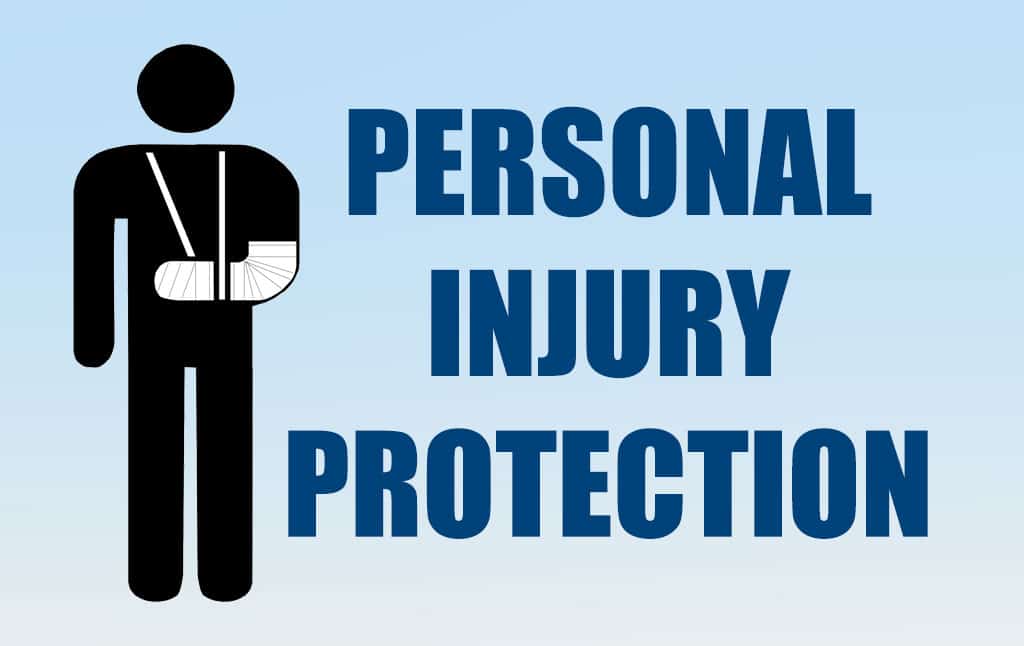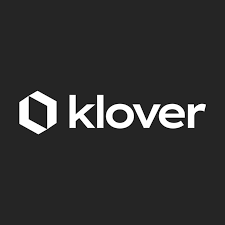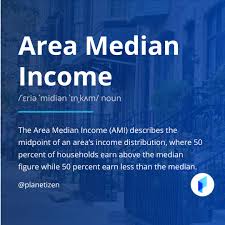In today’s interconnected world, working abroad is an exciting and rewarding career opportunity. Whether you’re seeking a change in lifestyle, aiming for international career experience, or hoping to expand your professional network, landing a job abroad can significantly enrich your personal and professional life. However, the journey to securing a job abroad can seem daunting without a clear plan. In this blog post, we will guide you step-by-step on how to start your journey and successfully land a job abroad. From preparing your resume to understanding work visa requirements, we’ll cover everything you need to know.
1. Understand Your Motivation and Career Goals
Before you start the application process, it’s essential to clarify why you want to work abroad. Understanding your motivations and career goals will help you choose the right country, industry, and role. Here are some key questions to consider:
- Why do you want to work abroad? Are you seeking adventure, a career boost, or a change in lifestyle?
- What industries are you interested in? Some industries, such as technology, healthcare, and education, are more likely to have opportunities for international professionals.
- Which countries or regions appeal to you? Consider language, culture, work-life balance, and career opportunities in different regions.
By pinpointing your reasons and goals, you can make more informed decisions when looking for job opportunities abroad.
2. Research Job Markets and Opportunities
Each country has a different job market, with specific industries and roles in high demand. Researching these markets is crucial to identify the best fit for your skills and qualifications. Here are some resources to help you get started:
- International Job Boards: Platforms like LinkedIn, Indeed, and Glassdoor list global job opportunities and allow you to filter by location, industry, and job type.
- Local Job Websites: Many countries have specific job boards tailored to their job markets. For instance, Seek for Australia, Monster for Europe, or Bayt for the Middle East. Researching these websites will help you understand local job trends.
- Government Websites: Some countries, such as Canada and Germany, offer resources for foreigners seeking jobs, including details about work permits and visas. Visit government immigration websites to find out more about your target destination’s work regulations.
3. Tailor Your Resume and Cover Letter for International Applications
When applying for jobs abroad, your resume (or CV) and cover letter need to be tailored to the country’s standards. Different countries may have specific expectations for how resumes should be formatted or what information should be included. Here are a few tips to customize your application materials:
- Resume Formatting: Research the preferred format for your target country. For example, in some European countries, a photo is common on a CV, while it’s not typical in the United States.
- Highlight International Experience: If you have any prior international experience, even if it’s traveling or studying abroad, be sure to highlight it. Employers appreciate candidates who are culturally aware and adaptable.
- Language Considerations: If you’re applying for a role in a country where a different language is spoken, consider having your resume and cover letter translated or at least adapted to reflect relevant language skills.
- Quantify Achievements: Wherever possible, use metrics to quantify your achievements. Employers abroad appreciate concrete data to demonstrate how you’ve added value to previous employers.
4. Learn About Visa and Work Permit Requirements
One of the biggest hurdles in landing a job abroad is obtaining the proper visa or work permit. Every country has its own immigration policies, and understanding these requirements early on can save you time and effort. Here are some general tips:
- Research Visa Options: Visit the immigration websites of your target countries to learn about different visa categories and eligibility requirements. For example, the U.S. State Department’s website offers detailed information on work visas for the U.S.
- Employer-Sponsored Visas: Many countries require employers to sponsor foreign workers for specific work visas. When applying for jobs abroad, look for roles that offer visa sponsorship or inquire with the employer about the process.
- Work Holiday Visas: Some countries, like Australia and New Zealand, offer work holiday visas, allowing young professionals to live and work for a year or two. These are great options for gaining international work experience without a long-term commitment.
- Consult a Lawyer or Immigration Expert: If navigating visa requirements seems complex, consider consulting an immigration lawyer or expert to guide you through the process.
5. Network with People Abroad
Networking plays a crucial role in securing a job abroad. Making connections with professionals already living and working in your target country can give you valuable insights and even lead to job referrals. Here’s how to build your network:
- Join LinkedIn Groups: Search for international LinkedIn groups related to your industry. Participate in discussions and connect with professionals in your desired country.
- Attend International Job Fairs: Many countries and universities host international job fairs, either virtually or in person. These events allow you to meet recruiters, explore opportunities, and learn more about what it’s like to work in that country.
- Leverage Alumni Networks: If you attended university, check if your school has an alumni network or group in your target country. Alumni are often willing to help new graduates with job leads or advice.
- Online Networking Events: Platforms like Meetup and Eventbrite list international networking events where you can meet people in your industry, even if you’re still in your home country.
6. Apply for Remote Jobs or Freelance Opportunities
If you’re struggling to find a full-time job abroad, consider applying for remote work or freelance opportunities that allow you to work from anywhere. Many international companies now offer remote roles that let you live abroad while maintaining a steady income. Here are some tips:
- Freelance Platforms: Websites like Upwork, Fiverr, and Freelancer offer a wide variety of freelance projects that you can do from anywhere. These platforms also allow you to showcase your skills and build your portfolio.
- Remote Job Boards: Sites like We Work Remotely, Remote.co, and FlexJobs specialize in listing remote job opportunities across various industries.
- Build an Online Portfolio: Whether you’re a designer, writer, developer, or consultant, having a strong online portfolio can help you land freelance or remote roles. Websites like Behance for creatives or GitHub for developers allow you to showcase your work to a global audience.
7. Prepare for Interviews and Cultural Differences
If you get called for an interview, be prepared to discuss both your professional experience and why you’re interested in working in the country. Additionally, each culture has its own interview etiquette, so it’s important to research the dos and don’ts of your target country:
- Research Cultural Norms: Understanding cultural differences in business etiquette can make a big difference in how you’re perceived during an interview. For instance, in some countries, you may need to present yourself more formally, while in others, a relaxed and friendly approach is preferred.
- Prepare for Virtual Interviews: Due to the increase in remote job opportunities, many international interviews are conducted via video call. Ensure your technology works smoothly and your environment is quiet and professional.
8. Final Steps: Prepare to Relocate
Once you’ve secured a job abroad, it’s time to prepare for your move. This can involve organizing housing, understanding local customs, arranging health insurance, and learning about the cost of living. Here are some additional steps:
- Find Accommodation: Research temporary or long-term housing options through platforms like Airbnb or local rental websites.
- Understand Health Insurance: Ensure you have adequate health coverage while living abroad. Many countries provide national healthcare, but you may need private insurance, especially if you’re only staying temporarily.
- Learn the Local Language: While many countries offer job opportunities for English speakers, learning the local language can greatly enhance your experience and make it easier to integrate into your new environment.
Conclusion: Take the Leap and Start Your Journey
Starting the journey to land a job abroad may seem intimidating, but with proper preparation, research, and determination, you can make it happen. By clarifying your goals, researching job markets, networking, and being proactive about visa and cultural requirements, you can find the perfect job that lets you live and work abroad. Embrace the adventure, and soon you’ll be experiencing new cultures, expanding your professional horizons, and making memories around the world.
External Resources:
Meta Description: Learn how to land a job abroad with this detailed guide. From researching job markets and tailoring your resume to understanding visas and networking, discover the steps to start your international career journey.
